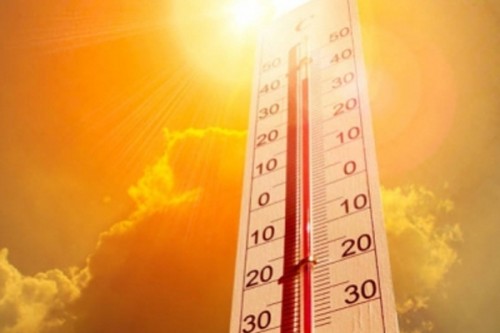UP govt panel denies Ballia deaths were due to heat stroke

Lucknow, June 18 (IANS) The official committee sent to Uttar Pradesh's Ballia to probe the alleged heat stroke deaths in the eastern district has said that the 54 people who died were not heat-wave related deaths.
"Prima facie, these do not appear to be heatwave-related deaths because nearby districts facing similar conditions are not throwing up similar death figures. The initial symptoms were of chest pain, mostly which is not the first symptom for someone affected by a heatwave," said senior government doctor A.K. Singh.
He also claimed that the deaths could be water-related.
"It will be investigated if the deaths were due to water or if there's a different reason. The climate department will also come to check water samples," he said.
Fifty-four people have died and around 400 hospitalised in Uttar Pradesh's Ballia in the last three days amid soaring temperatures in the district, with officials offering divergent explanations for the deaths.
A total of 23 patients died on June 15, 20 the next day, and 11 on Saturday.
Government doctors posted at Ballia had claimed on record that the deaths could be linked to a heatwave.
Earlier in the day, a Chief Medical Superintendent rank doctor posted at Ballia was removed from his post, after his on-record statement saying many of the deaths were due to heatstroke went viral.
He has been removed for "giving a careless statement on deaths caused by heatwave without having proper information", UP Health Minister Brajesh Pathak said.
The deaths have drawn the opposition ire with Samajwadi Party president Akhilesh Yadav blaming the state government for the deaths.
"So many people across UP have lost lives because of the carelessness of the state govt. They should have warned the people about the heatwave. Not a single district hospital has been built in UP in the last 6 years. Those who have lost their lives are poor farmers because they did not receive food, medicines and treatment on time," he said.
Pathak said the government has taken serious note of the incident in Ballia, and he is personally monitoring the situation there.
The sudden increase in deaths and patients being admitted to hospitals with fever, breathing trouble, and other issues have overwhelmed the hospital, which has put its staff on alert.

|

|

